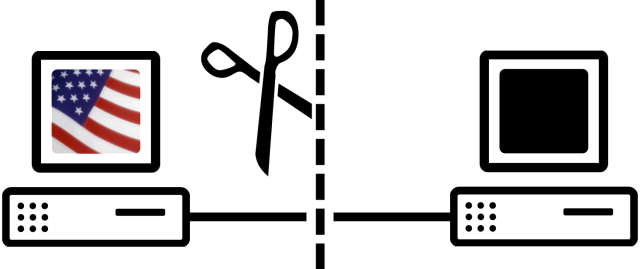
The so-called PROTECT IP act, sequel to the much-criticized COICA, is under fire again as it enters the process of becoming law. We’ve talked about it on this blog before and no doubt the discussion will continue after it passes or is rejected, but it’s important at this critical moment that everyone concerned weigh in and make an unambiguous statement regarding the quality of this bill. So then: PROTECT IP is a lunatic proposal, penned by a dinosauric industry concerned solely with the preservation of its own profits. It will do nothing to curb piracy while at the same time eroding fundamental freedoms of the internet.
 Follow
Follow

 The web has been running out of IP addresses, but some of the key players on the Internet have been testing a new protocol to ensure the future of connected devices. Every device that connects to the web gets a unique IP address; the protocol for those addresses, IPv4, only supported around 4 billion addresses.
The web has been running out of IP addresses, but some of the key players on the Internet have been testing a new protocol to ensure the future of connected devices. Every device that connects to the web gets a unique IP address; the protocol for those addresses, IPv4, only supported around 4 billion addresses.